A Parent's Guide to Pacifier Safety: Protecting Your Baby
We've explored different types of pacifiers over the past few months, debating natural rubber and silicone, considering the accessory options and learning the ins and outs of specific products.
But, like all things baby it's important to know how to use and maintain your pacifiers. These guidelines are just suggestions, and each brand will have additional safety information on the packaging and their website/customer service.

Pacifier Safety Matters: Essential Guidelines for Parents
Pacifiers can be a helpful tool in soothing and comforting babies, but it's essential for parents to prioritize their child's safety when using pacifiers. Here are some important tips to ensure pacifier safety for your family:
1. Choose the Right Size and Age-Appropriate Pacifiers
Select pacifiers that are suitable for your baby's age and developmental stage. This might be a recommendation from your family doctor, lactation consultant, or preference.
It's worth noting, that size is variable.
All sizes can be introduced from birth. Age and size indications are therefore only a guide. BIBS Sizing Guide.
Follow the manufacturer's guidelines for age recommendations and ensure that the pacifier is the appropriate size for your child's mouth.
If your child is starting to chew through pacifiers regularly, it might be time to consider a more durable teething toy as a replacement for soothing gums and teeth. Wooden rings, or silicone toys can be a great alternative for chewers.

Check for Quality and Safety Standards when Purchasing Pacifiers
Look for pacifiers that meet safety standards set by regulatory bodies in your country - Canadian pacifier regulations can be read here. Check for certifications such as ASTM, CE, or FDA to ensure that the pacifier has undergone rigorous testing for safety.
Regularly Inspect Pacifiers
Perhaps one of the easiest things you can do to ensure pacifiers are safe for use is to routinely examine pacifiers for signs of wear and tear. This includes cracks, tears, or loose parts. A simple pull test on the nipple of the pacifier can help you identify any weaknesses around the base.
Immediately discard any damaged pacifiers immediately to prevent choking hazards. Deterioration of pacifiers is normal, and natural rubber is prone to breaking down when exposed to saliva, sunlight, and existing.
Most brands recommend a 4-6 week replacement schedule - irregardless of material.
Practice Proper Cleaning and Sanitization:
Keep pacifiers clean by washing them regularly with warm water and mild soap. While pacifiers need to meet a minimum integretory standards set out by Canadian Consumer Protection Agency that includes not falling apart when boiled, be sure to follow the brands recommendations on care for best long term durability.
Avoid using harsh chemicals or cleaning agents that could be harmful to your baby. If necessary, use pacifier wipes or sanitizing solutions specifically designed for pacifiers - you can learn more about this pacifier accessory and others in yesterday's blog post.
Avoid Pacifier Attachments or Decorations; Use only Tested & Controlled Pacifier Clips
Do not attach any cords, ribbons, or strings to pacifiers, as they pose a risk of strangulation - that's why pacifier clips have to be so short! Similarly, avoid adding decorative items, such as beads or charms, to pacifiers, as they can detach and become choking hazards.
If you choose to use pacifier clips to keep the pacifier within reach, ensure that they have safety features like a secure clasp and are designed specifically for pacifier use.

|
The Itzy Ritzy Sweetie Strap™ is a safe and practical solution to prevent lost pacifiers. Made from 100% food-grade silicone, it features a secure clasp that is gentle on clothes and a one-piece silicone cord that easily attaches to various pacifiers, teethers, and small toys. It is BPA-free, PBC-free, and meets ASTM safety standards, making it a reliable choice for pacifier security. |
Remember, pacifier safety is crucial for your baby's well-being. By following these tips and staying vigilant, you can ensure a safe and comfortable pacifier experience for your family.
Pacifier recalls do happen - and it's one reason retailers love to have your contact information on hand. Recalls will generally be newsworthy events, and you will hear of it should it be an issue.
Shop Pacifiers
View allExample product
Popular categories
Bailey Bouwman is a participant in the Amazon Services LLC Associates Program, an affiliate advertising program designed to sites to earn advertising fees by linking to Amazon. Amazon offers a small comission on prdoucts sold through these links.
as a small business, I don't carry everything you need - and I know that many of you will use Amazon to shop for other products. Linking to Amazon connects you with more - not all links are amazon links, they will start with https://www.amzn...

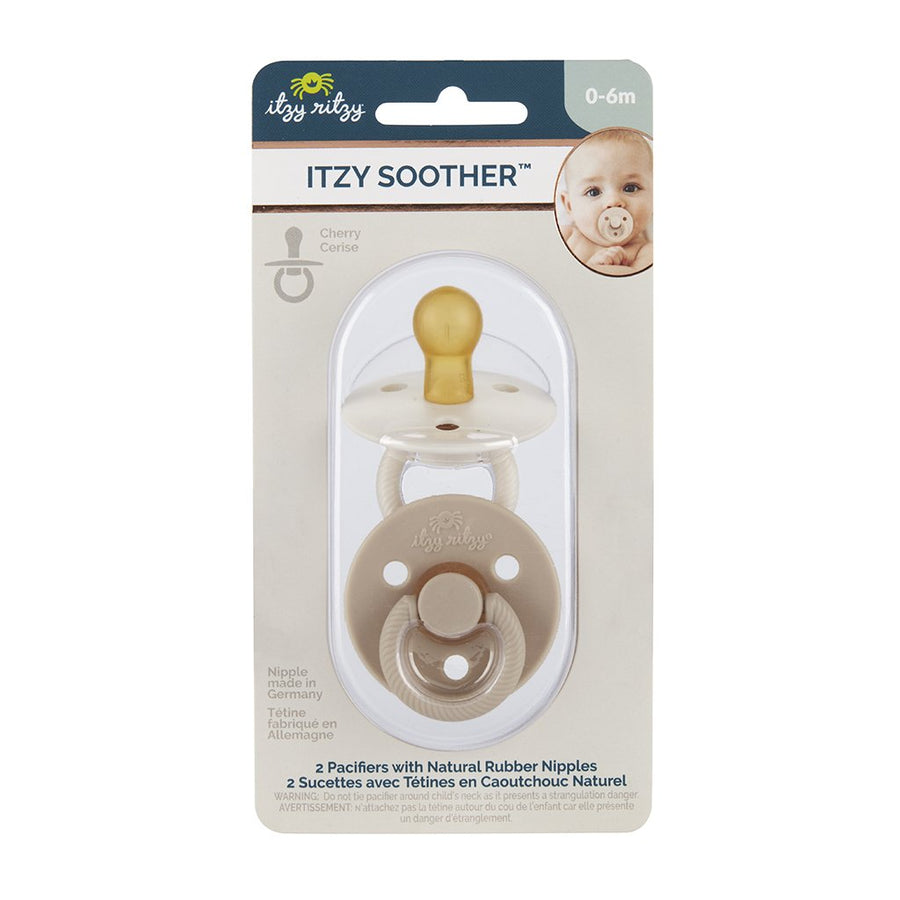

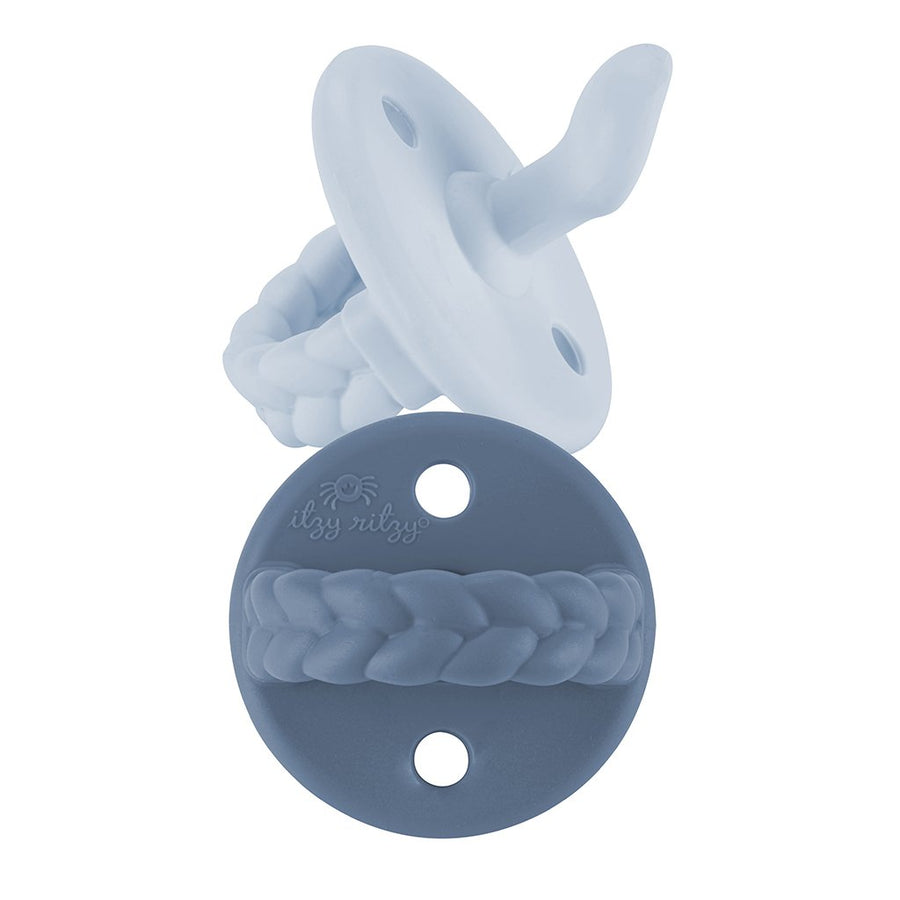
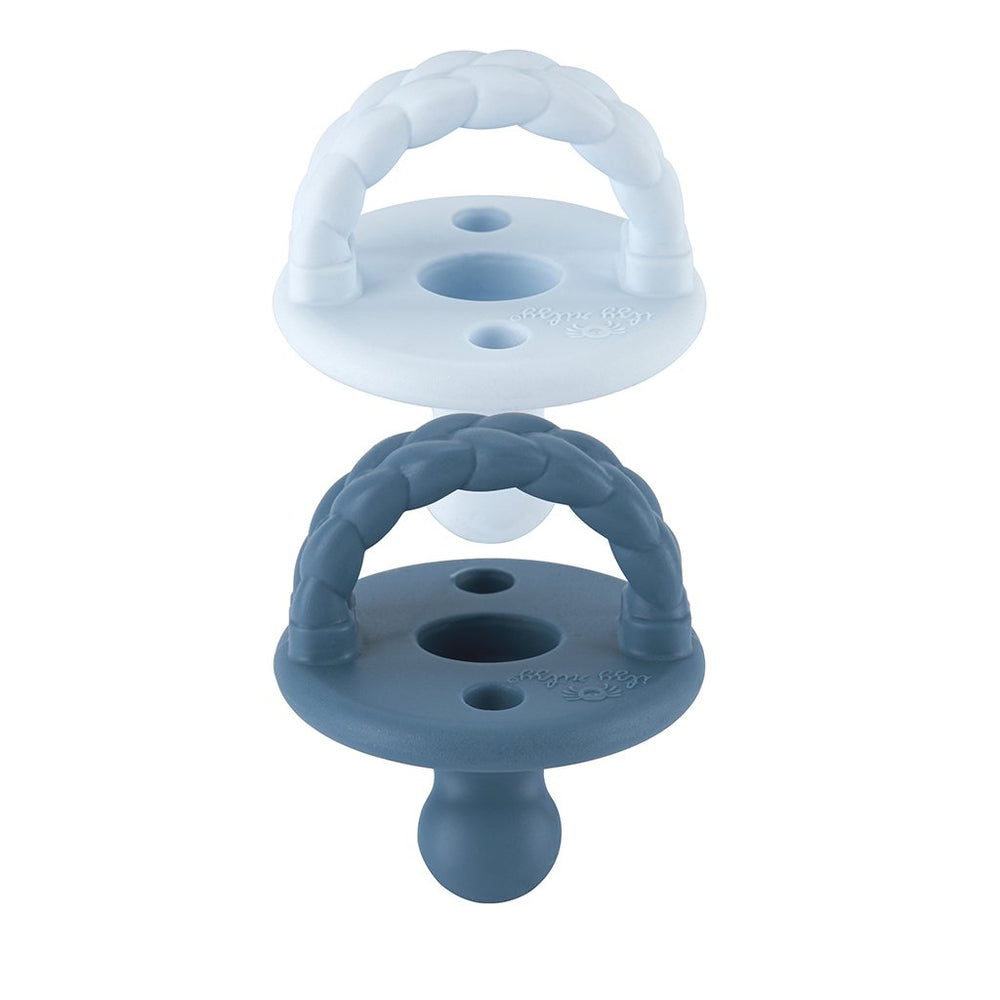


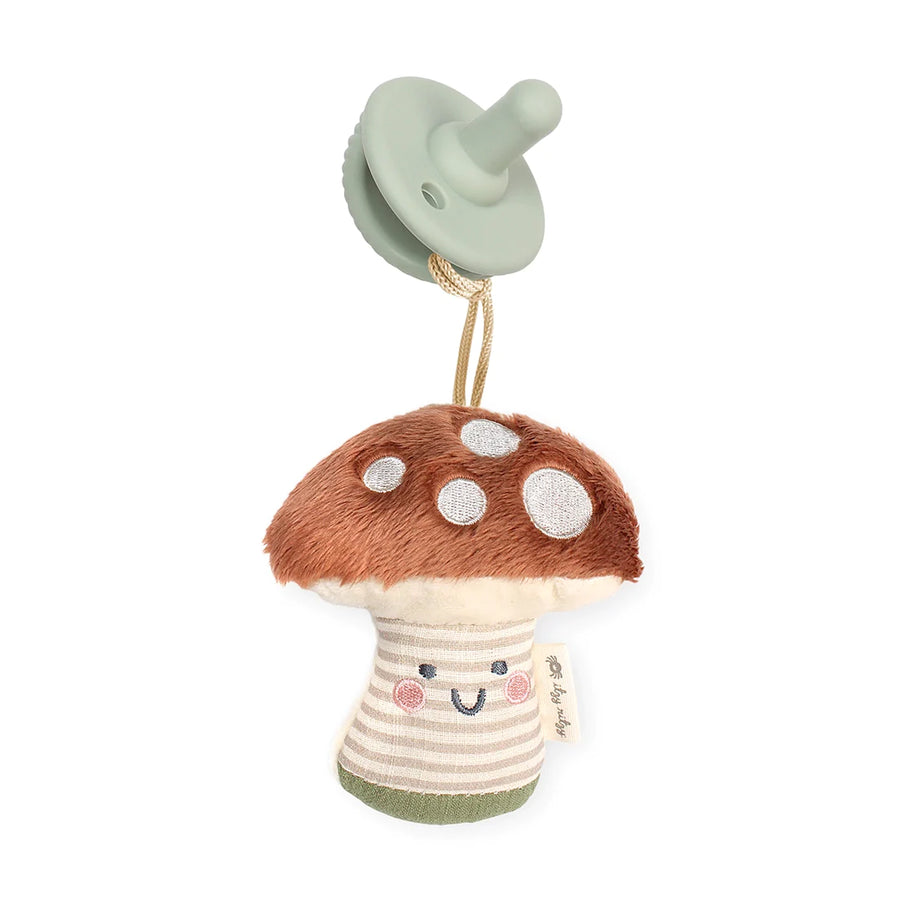
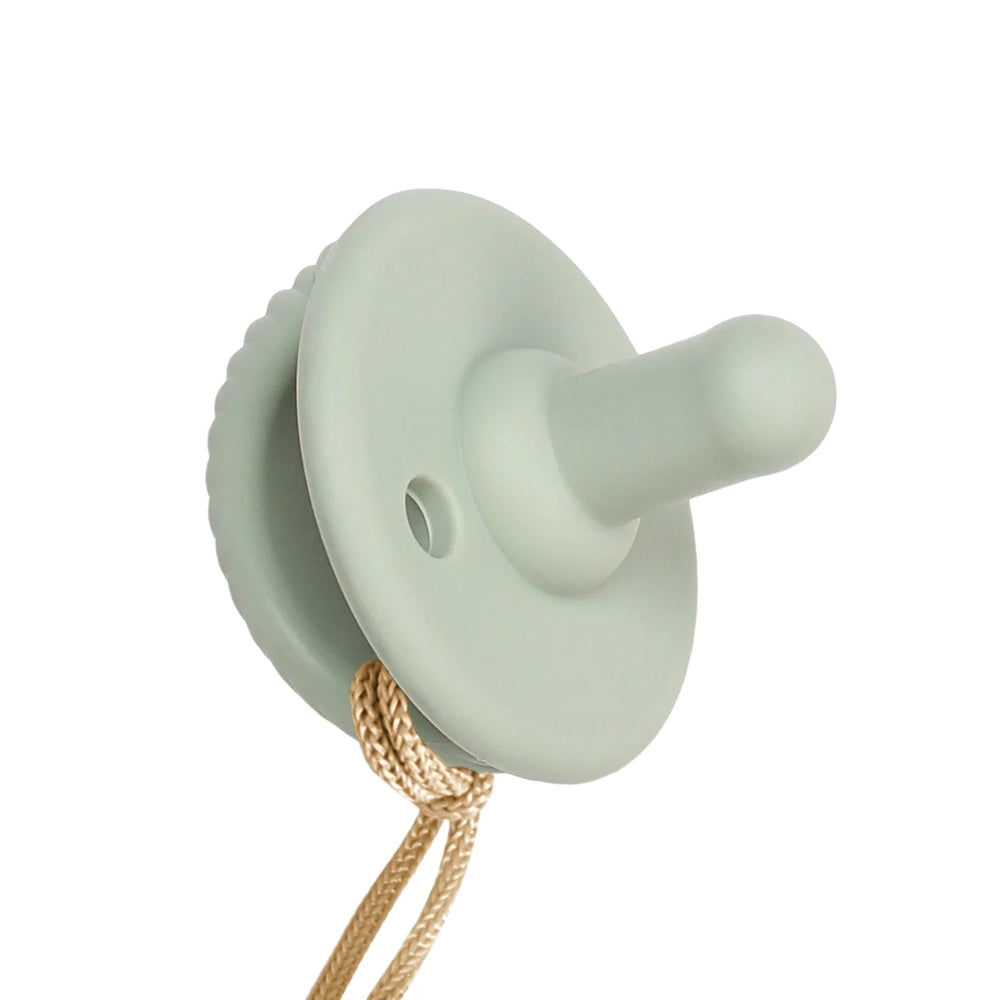
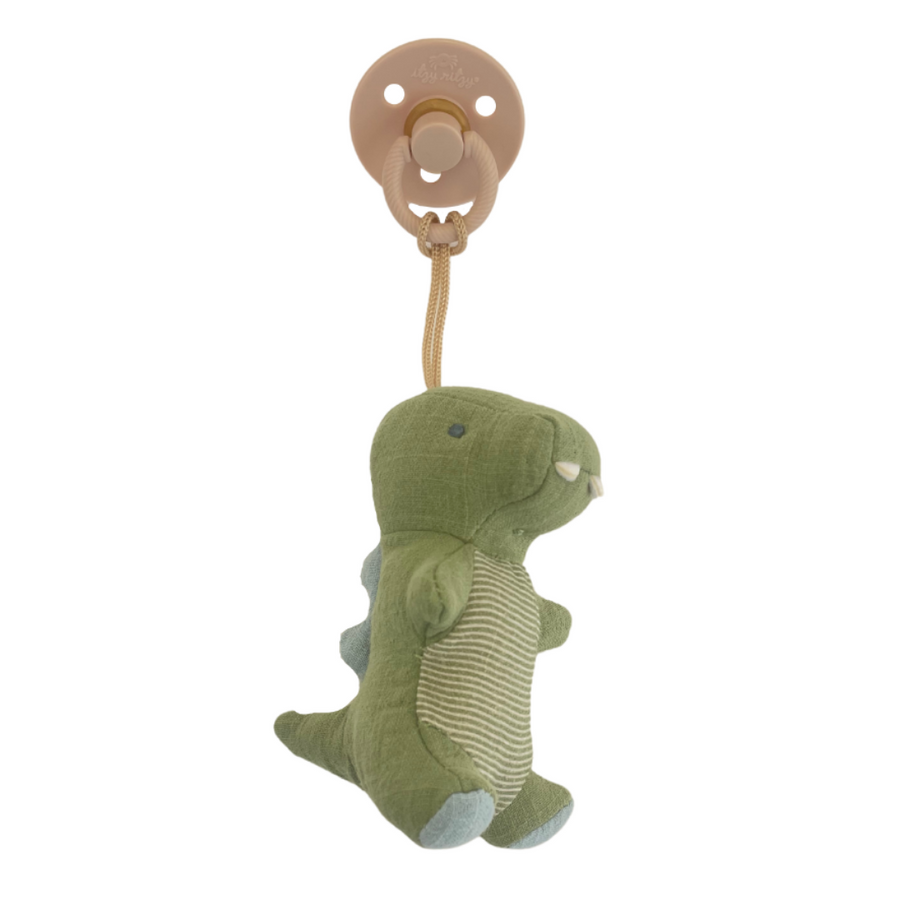
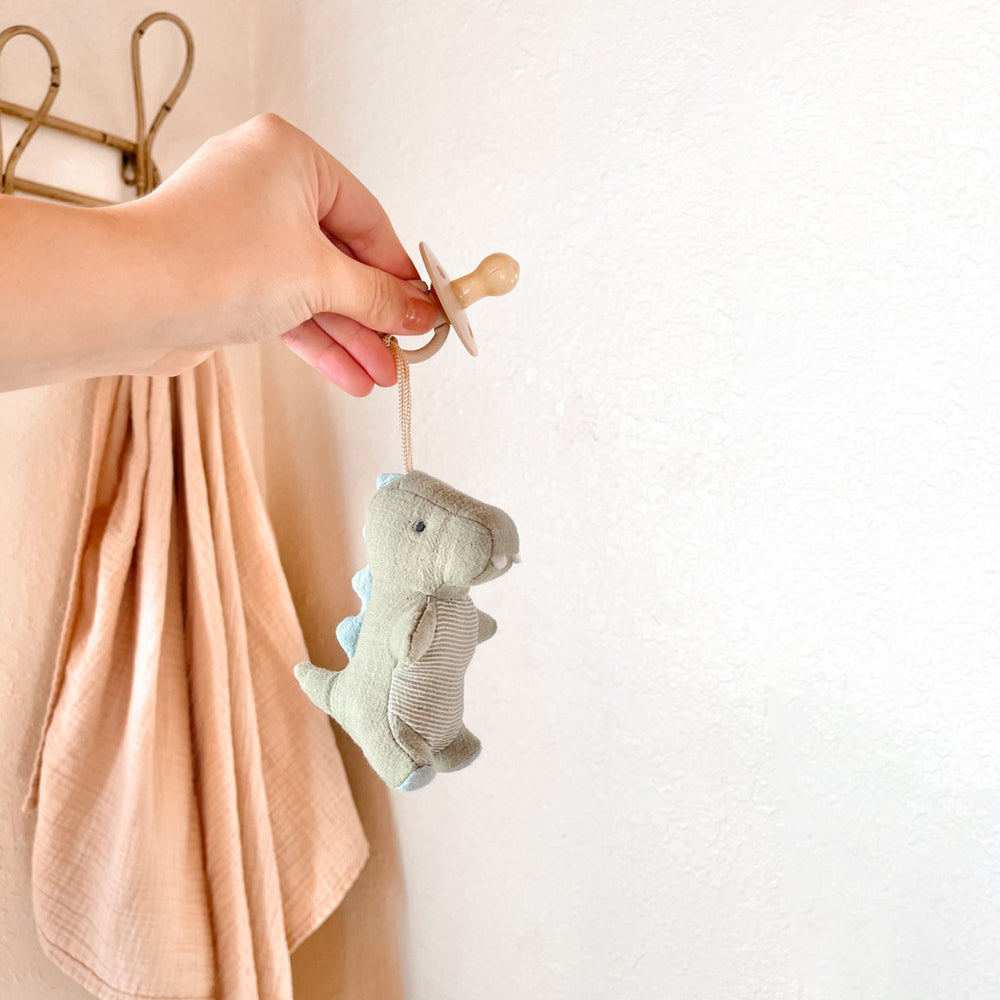



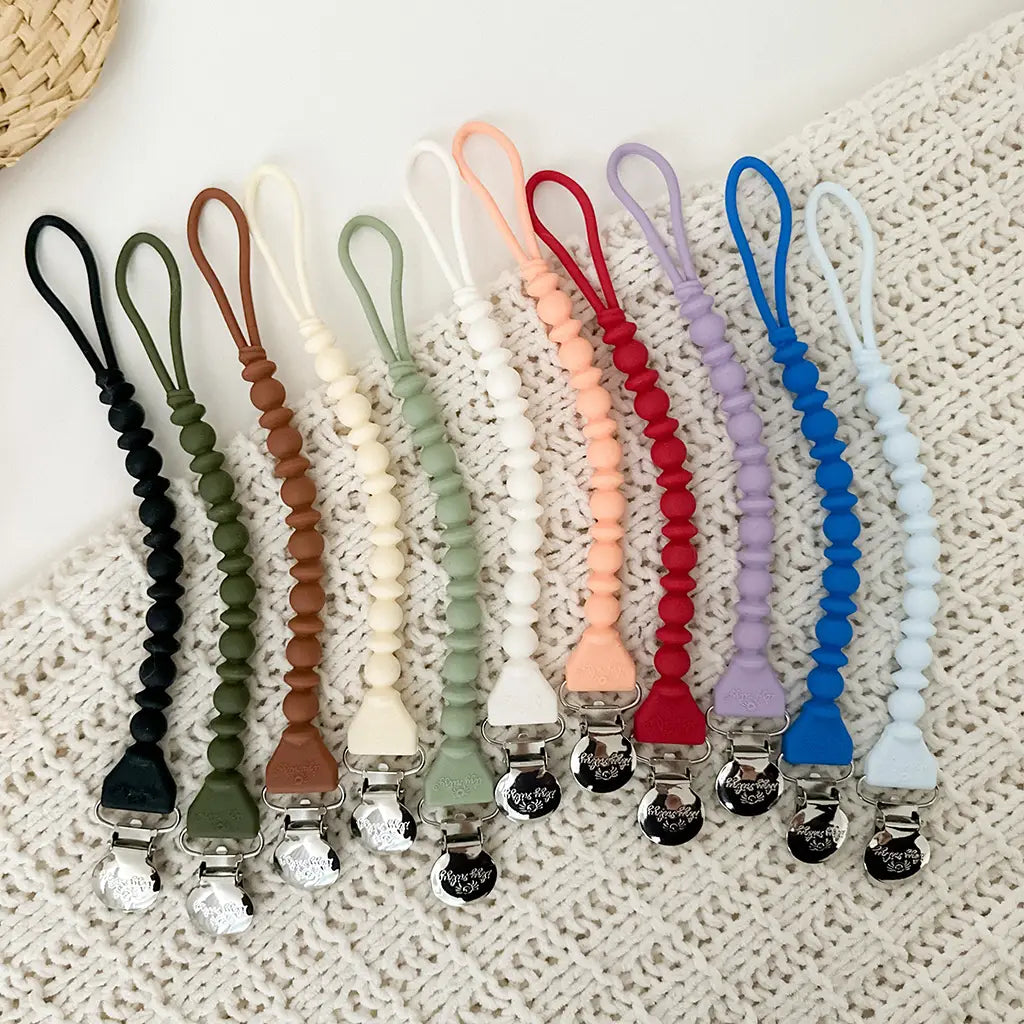
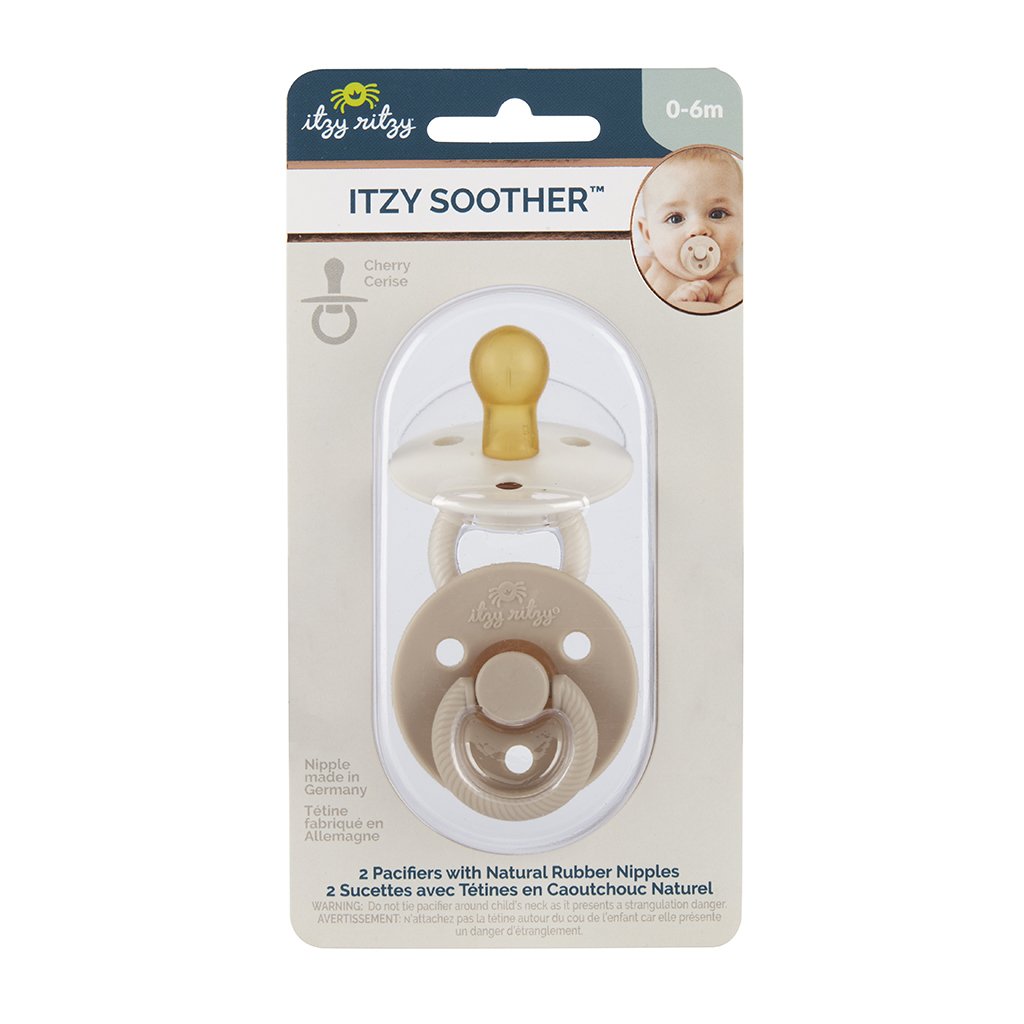
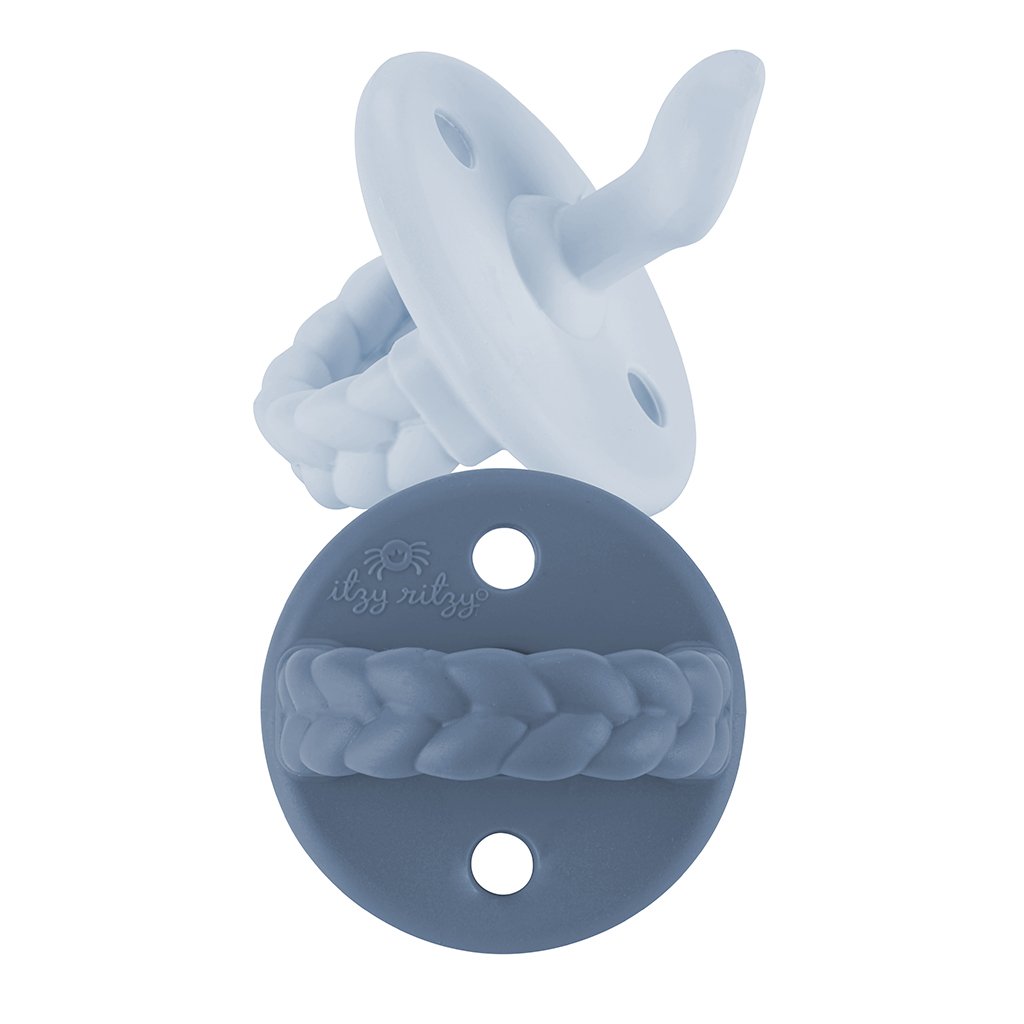
Leave a comment